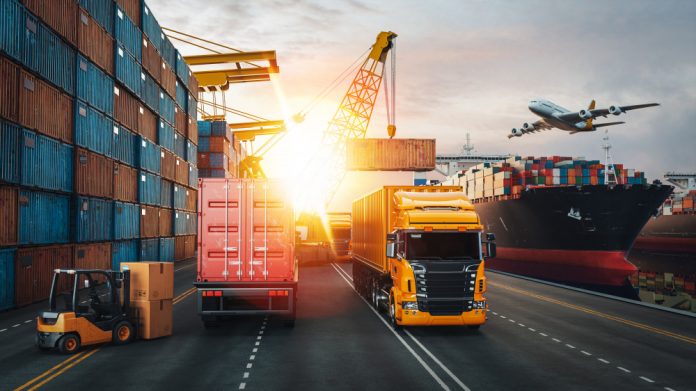The logistics industry in India is standing at the edge of a major transformation, powered by Artificial Intelligence (AI) and automation. As traditional supply chains evolve into smart, interconnected systems, industry bodies like the CII Institute of Logistics and FICCI’s Logistics & Supply Chain Committee are stepping up to lead the charge. With India’s logistics sector projected to reach $380 billion by 2025, leveraging AI isn’t just a trend—it’s a necessity for survival and growth.
Why AI and Automation Are Crucial for Indian Logistics
India’s logistics network is vast and complex, involving multiple modes of transport, fluctuating demand, and dynamic market conditions. AI helps simplify these complexities by:
- Predictive analytics for demand and route optimization
- Autonomous vehicles and drones for delivery
- Robotic process automation (RPA) in warehousing
- Real-time tracking and proactive issue resolution
According to FICCI, nearly 70% of logistics leaders in India believe AI will be a game-changer in operational excellence.
Case Study: Tech-Driven Supply Chains
A great example comes from a leading 3PL company in India that adopted AI-powered warehouse robots in partnership with a European automation firm. This move increased their order processing speed by 40% while cutting labor costs by 30%. Backed by insights from the CII Institute of Logistics, this pilot is now being scaled nationwide.
Challenges on the Road to AI Adoption
Despite the optimism, the industry faces several hurdles:
- High upfront costs for automation hardware and software
- Skill gaps among logistics workers
- Resistance to change among small and medium enterprises (SMEs)
- Data quality and integration issues
The CII Institute of Logistics has initiated training programs for SMEs to bridge digital skill gaps and build readiness for tech adoption.
FICCI’s Initiatives in Supporting Automation
FICCI has championed:
- Tech incubation labs for logistics startups
- Collaborative pilot programs with Indian Railways and major e-commerce players
- Policy advocacy to encourage government subsidies on automation tools
These efforts aim to make AI accessible even to Tier 2 and Tier 3 cities, where logistics ecosystems are still maturing.
The Future: Autonomous, Smart, and Scalable
Looking ahead, AI is expected to impact:
- Fleet management through smart sensors and predictive maintenance
- Supply chain visibility with blockchain and AI integration
- Sustainability by reducing fuel consumption and optimizing delivery routes
AITWA has also expressed interest in real-time freight matching apps using AI, which could drastically cut down idle times for trucks.
Conclusion
The road ahead for India’s logistics industry is undoubtedly digital. AI and automation are not just buzzwords—they’re the gears turning the wheels of future-ready logistics. With strong backing from industry leaders like the CII Institute of Logistics and FICCI, India is poised to become a global model in smart logistics innovation.












